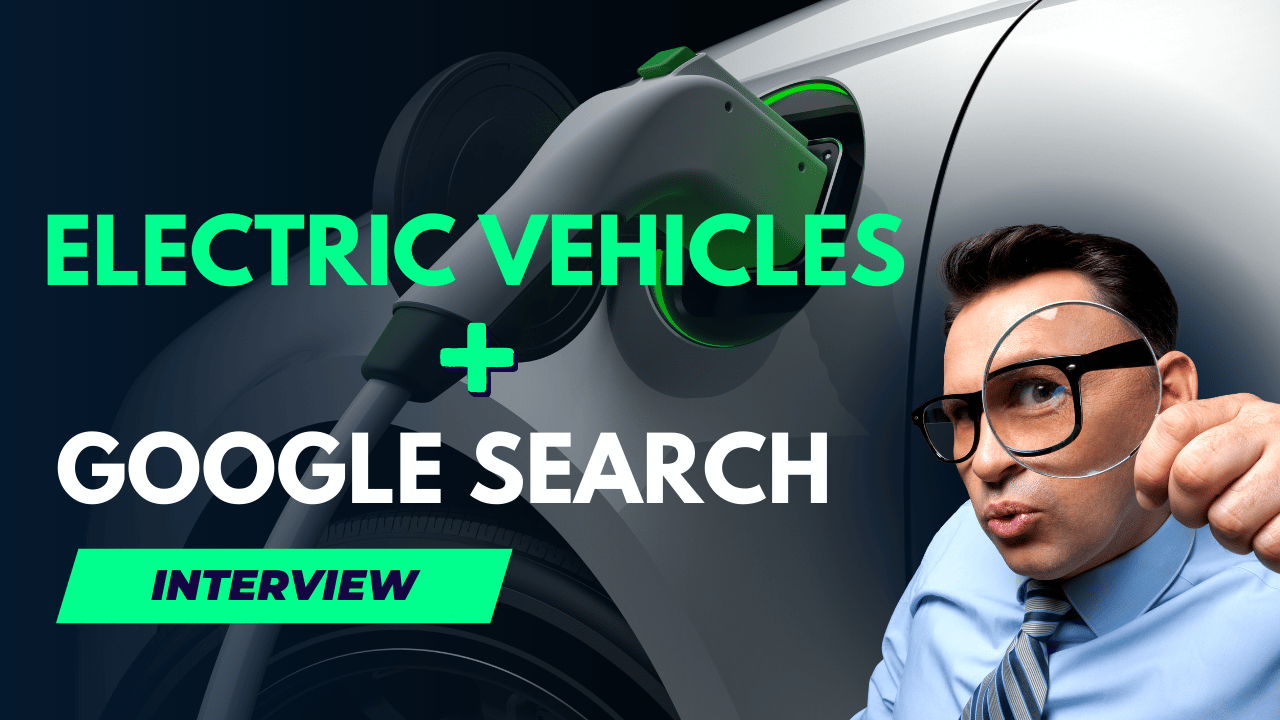SAN FRANCISCO – It has taken less than 25 years for Google to evolve from a name of a service into a verb. Just before the turn of the century, when someone wanted to find anything, they could simply “Google” it and let the world’s most prominent Internet search engine do the rest.
And Senior Product Manager Chris LaRosa says this now includes finding an electric vehicle charging station when taking to the road in the United States.
“We’ve done a lot, we’ve done a lot to help people find electric vehicle chargers, and it’s part of a bigger body of work, where we’re trying to make it easier for people to evaluate if an electric car is a right car for them,” said LaRosa.
The EV Report recently spent time talking to LaRosa about Google’s investment in helping consumers transition to, adapting to and living with an EV.
One of the key factors in making this a simple, less-stressful transition is finding EV chargers when a driver heads off on a trip. Google Maps have provided directions and information about places along a route since its 2005 launch, and now it can be a significant factor in providing an electrified route.
“There’s a lot of features inside of Google Maps that help people, you know, have the best possible journey they can have,” explained LaRosa. “We’re always trying to make it more helpful for that exact use case you’re talking about, which is I want to get somewhere, and I want to be able to stop at the amenities and take the path along the way that’s going to be the best.
“And so, once you’re navigating, you can search for electric vehicle chargers along the way.”
And he said Google did not stop at simply indicating where chargers were located.
“I think another feature that we recently launched for electric vehicle owners that makes maps more helpful is a feature called fuel-efficient routing. So, not only can you get from point A to B and find chargers along the way, but we can also send you down the path where you’re going to use the least amount of energy and need to do the least charging on the way.”
The interview also covers Google’s ability to provide information for prospective EV buyers, including details in tax incentives and energy costs over a vehicle’s lifetime.
“We see that electric vehicles really rising in our [search] trends this year,” he said. “We know that range, charging-station information, and then costs are the things that they’re most curious about learning. And so, we’re making search results more helpful for those types of searches that you might have.”








